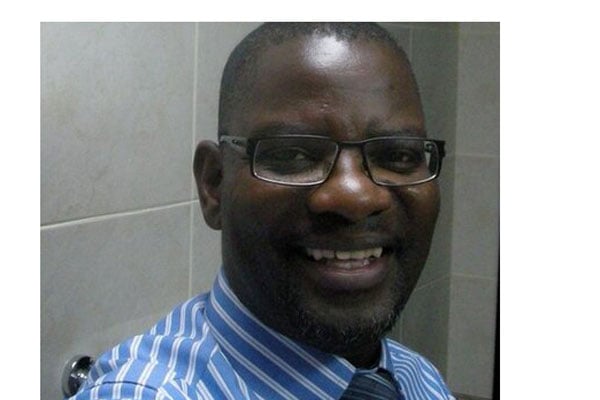Speakership election shows Uganda still under total control of Museveni

Author: Musaazi Namiti. PHOTO/FILE
What you need to know:
- Mr Museveni has outfoxed and outgunned the Opposition and remains in total control, as the election for the Speaker of Parliament amply demonstrated. He is arguably East Africa’s, if not Africa’s, foremost and most formidable political manipulator.
Old age is homing in on President Museveni, and he will eventually bow out. But if he had a way of rejuvenating himself, he would rule Uganda for a couple more decades — and the Opposition would not stop him.
Mr Museveni has outfoxed and outgunned the Opposition and remains in total control, as the election for the Speaker of Parliament amply demonstrated. He is arguably East Africa’s, if not Africa’s, foremost and most formidable political manipulator.
He has divided the Opposition, leaving them in a hopelessly weak position. But they seem to underestimate his strength. Those who think he is not a hard nut to crack should look at this list of politicians who have attempted to wrest power from him and failed.
They include — the list is not exhaustive — Milton Obote, James Rwanyarare, Badru Wegulo, Cecilia Ogwal, Aggrey Awori, Olara Otunnu (all UPC members); Paul Ssemogerere, Norbert Mao, John Ssebaana Kizito, Michael Kaggwa and Lawrence Kiwanuka (all DP members); Eriya Kategaya, Bidandi Ssali and Miria Matembe (he fired these three in 2003 when they opposed his bid to change the Constitution and seek a third term).
Others are Herman Ssemuju (was a political clown); Chapaa Karuhanga (ran for president once, in 2001, and sank into political oblivion); Beti Olive Kamya (ex critic who was silenced with a ministerial job offer); Nelson Ocheger (former Action Party chief and chairman of the Multiparty National Referendum Committee and now diplomat); Abed Bwanika (former presidential candidate and now MP); Kibirige Mayanja (former presidential candidate); Mugisha Muntu (head of ANT and former presidential candidate); Amama Mbabazi (former presidential candidate); Ken Lukyamuzi (retired critic); Kizza Besigye (former presidential candidate); Bobi Wine (popular political toddler and former presidential candidate).
Even rebels who took up arms against Mr Museveni’s government did not go far. They include Alice Lakwena of the Holy Spirit Movement, Joseph Kony of the LRA, Herbert Itongwa of the National Democratic Army, Jamil Mukulu of the Allied Democratic Forces, Amon Bazira of the National Army for the Liberation of Uganda (NALU), Peter Otai of the Uganda People’s Army (UPA) and the Uganda People’s Democratic Army.
Mr Museveni wins disputed elections and has been doing so since 1996. However, while we agree that the elections are rigged, there are pertinent questions we must ask. Let us, for example, look at the just-concluded election for the Speaker of Parliament.
The Opposition fielded a candidate, a respected MP (going by what Ugandans write on social media) for Kira Municipality named Ibrahim Ssemujju. The election was held in broad daylight. Mr Museveni was there to witness the voting, but he could not force voters to vote the way he wanted.
The Opposition went ahead and embarrassed their candidate with 15 votes against 310 votes polled by Jacob Oulanyah, who won the election. The runner-up position was supposed to go to the Opposition. It did not. It went to Rebecca Kadaga, the outgoing Speaker of Parliament from the governing party. Mr Museveni is a shrewd political manipulator, but he has managed to convince even the international community that he is leading a democracy — and that is a problem.
In an interview with this newspaper in July 2017, a year after Mr Museveni’s re-election, the then head of the European Union (EU) Delegation, Kristian Schmidt, said: “If you ask me whether Uganda is a functional democracy, I will say ‘yes’, although there are some trends which are worrying.”
He went on: “And, frankly, if you take a very long perspective, the quality of elections in Uganda is certainly improving.”
Mr Namiti is a journalist and former
Al Jazeera digital editor in charge of the Africa desk
[email protected] @kazbuk




